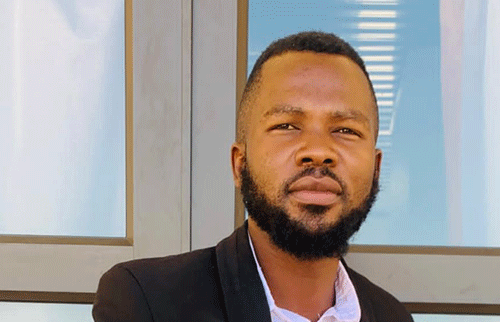As defined by thinkers like Frantz Fanon and Kwame Nkrumah, decoloniality is the process of dismantling the colonial mindset that continues to shape the cultural, political, and economic lives of formerly colonised peoples.
Fanon described decoloniality as a radical transformation that goes beyond the mere removal of colonial rulers; it involves a profound rethinking of all aspects of society, including the ways in which people view themselves and their world.
Kwame Nkrumah emphasised the need for mental emancipation, arguing that true liberation requires political independence and a rejection of colonial values and ideologies.
Applying these concepts to religion, decoloniality challenges us to critically examine the spiritual frameworks imposed during colonialism and seek out forms of spirituality that resonate more deeply with our histories and cultures.
Decoloniality in religion
Decoloniality in religion involves critically re-evaluating the religious beliefs and practices imposed upon us during the colonial era. European missionaries introduced Christianity to Namibia with a Eurocentric worldview that often dismissed or actively suppressed indigenous African religious practices.
Over time, many Namibians came to accept these foreign religious teachings as the only valid path to spirituality, often at the expense of their own cultural and spiritual heritage.
However, instead of merely reclaiming African religious traditions, we can look to figures like Simon Kimbangu, a Congolese religious leader who founded the Kimbanguist Church.
Kimbangu’s movement was an example of how African spirituality could be reinterpreted within the Christian framework, creating a form of Christianity which was deeply rooted in African values, experiences, and aspirations.
His teachings emphasised spiritual liberation, social justice, and the empowerment of African people, offering a model for how religion can be decolonised and made relevant to our contemporary struggles.
As we seek to decolonise religion, it is important to question this narrative. We must ask ourselves: Are the teachings we have inherited from the colonial era truly serving us? Or is there something missing, something that can be found in our African spiritual traditions?
Religion and social issues
Religion has always played a central role in Namibian society, offering guidance, comfort, and a sense of community. However, as we face pressing issues such as poverty, unemployment, crime, and land reform, it is worth asking whether the religious teachings we have inherited are adequate to address these challenges.
African spirituality, with its emphasis on communal well-being and harmony with nature, offers valuable insights into solving these problems. For example, the concept of Ubuntu, “I am because we are”, can inspire a more collective approach to tackling poverty and unemployment, emphasising mutual support and shared responsibility.
Similarly, the spiritual connection to the land that is central to many African religions can inform a more just and sustainable approach to land reform.
Church and social justice
In contemporary Namibia, the voice of the church is crucial. Yet, apart from a few outspoken leaders like Bishop Lukas Katenda, many church leaders seem to be aligned with the interests of the elites, rather than advocating for the marginalised.
Poverty and Unemployment
The church has a moral responsibility to speak out on these issues. While some religious institutions are involved in charitable work, the church’s voice on systemic economic injustices remains largely muted. It is not enough to offer charity; the church must challenge the structures that perpetuate poverty and unemployment.
Crime
Crime in Namibia is often treated as a problem of individual moral failure, but the church must go deeper, addressing the root causes of crime, such as economic inequality, lack of education, and social disintegration. The church could advocate restorative justice practices that focus on healing and reconciliation rather than mere punishment.
Land issues
Perhaps the most pressing issue facing Namibia today is land reform. The church has a unique role to play here, given its history and moral authority. However, many religious leaders remain silent on this critical issue, failing to address the historical injustices that have led to the current inequalities. The church must find its prophetic voice and speak out on behalf of those who have been dispossessed and marginalised.
In conclusion, as Namibians, we are at a crossroads. We can continue to follow the religious teachings left by colonial missionaries, or we can embark on a journey of spiritual decolonisation, reinterpreting our spirituality in ways that are deeply rooted in our African values, experiences, and aspirations.
The church in Namibia must rediscover its prophetic voice, not just as a defender of the status quo, but as an advocate for social justice, rooted in both African traditions and a commitment to the well-being of all Namibians.
By decolonising religion, we can build a more just, equitable, and spiritually fulfilling society.
*Sakaria Johannes is a Political Studies and History graduate from the University of Namibia. He is interested in decoloniality and restoration of African culture and dignity. He can be reached at: sackyuutsi@gmail.com


